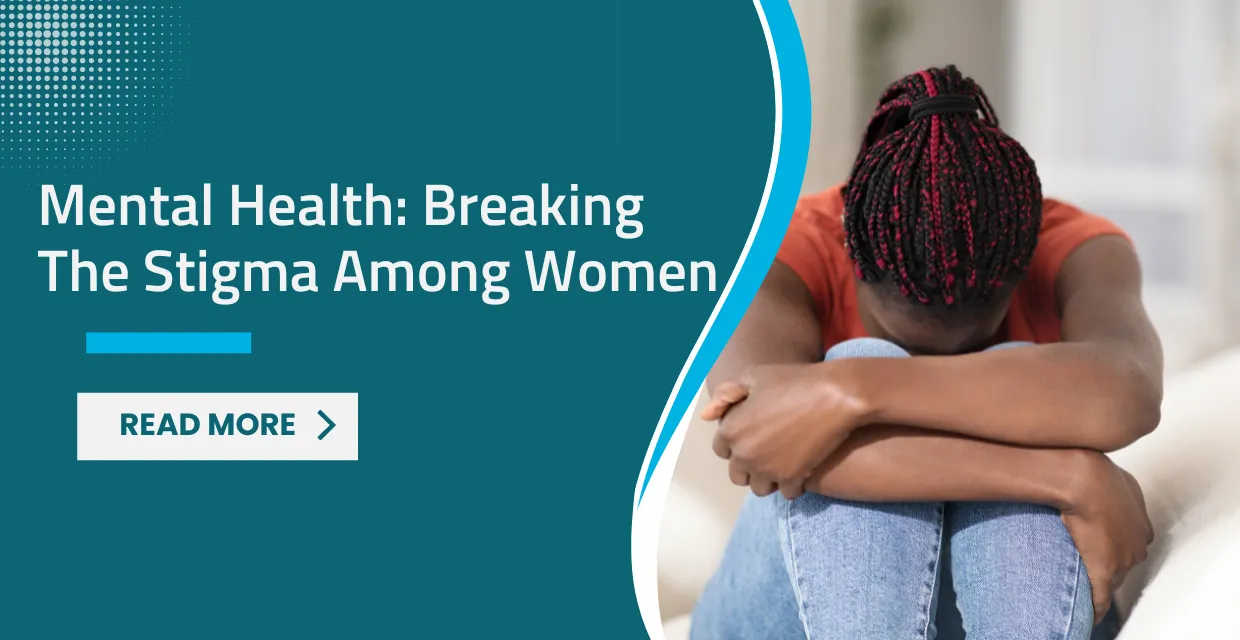The Importance of Regular Gynecological Check-Ups
Regular gynecological check-ups are a cornerstone of women's health, offering a proactive approach to detecting, treating, and preventing a wide range of health...

Mental health is an integral part of overall well-being, yet it remains one of the most stigmatized aspects of healthcare, particularly among women. Cultural norms, societal expectations, and traditional roles often exacerbate this stigma, creating barriers to seeking help and accessing care in settings like the best Hospital in Kenya. The conversation around mental health is gradually changing, with more awareness and efforts to break down these barriers. However, there's still a long way to go, especially in ensuring that women feel supported and empowered to address their mental health needs without fear of judgment or discrimination at hospitals in Kenya or elsewhere.
Mental health stigma among women manifests in various ways, often rooted in historical prejudices and misconceptions. Women are sometimes perceived as being more emotional or less stable due to hormonal changes, which can lead to dismissive attitudes towards their mental health concerns. Additionally, societal expectations for women to be caregivers and nurturers can lead to self-neglect and the internalization of mental health struggles. The fear of being labeled as incapable, weak, or unfit can deter women from seeking the help they need.
Several factors can contribute to mental health issues among women, including:
Biological Factors: Hormonal fluctuations related to menstruation, pregnancy, childbirth, and menopause can impact mental health, leading to conditions such as premenstrual dysphoric disorder (PMDD), postpartum depression, and perimenopausal depression.
Societal Pressures: The dual expectations of career and family life, along with societal standards of beauty and success, can create immense pressure and contribute to stress, anxiety, and depression.
Trauma and Abuse: Women are at a higher risk of experiencing sexual assault and domestic violence, which can lead to long-term psychological effects, including post-traumatic stress disorder (PTSD).
The stigma surrounding mental health can have profound implications on women's willingness and ability to seek help. Fear of being judged, misunderstood, or discriminated against can lead women to suffer in silence, worsening their mental health over time. Stigma can also permeate healthcare systems, leading to biases and inadequate care for women presenting with mental health concerns.
Combatting the stigma around women's mental health requires a multifaceted approach, involving individual, community, and systemic efforts.
Raising awareness about mental health and challenging myths and stereotypes is crucial. Educational campaigns can help dispel misconceptions, highlight the biological and social factors contributing to mental health issues, and emphasize that mental health conditions are not a sign of weakness but rather medical conditions that require care and treatment.
Encouraging women to share their mental health experiences can foster a sense of community and solidarity, reducing feelings of isolation and shame. Celebrities and public figures opening up about their mental health struggles have already contributed to this shift, making it more acceptable to discuss and seek help for mental health issues.
Healthcare providers need training to recognize and address their own biases and to provide compassionate, gender-sensitive care. This includes understanding the unique ways mental health conditions can present in women and the impact of hormonal changes and societal pressures on women's mental health.
Investing in mental health services and ensuring they are accessible and affordable is essential. This includes providing a range of services, from counseling and therapy to support groups and crisis intervention, tailored to women's needs.
Advocating for policies that support women's mental health, including workplace policies that recognize the importance of mental health days, parental leave policies that address postpartum mental health, and legislation that protects women from domestic violence and abuse, is critical.
Technology, including teletherapy, mental health apps, and online support communities, can provide alternative avenues for women to seek help and support, especially those who may face barriers to accessing traditional mental health services.
Support from family, friends, and the community can play a significant role in breaking the stigma and supporting women's mental health. Encouraging open conversations about mental health, offering non-judgmental support, and guiding women toward professional help can make a significant difference.
Breaking the stigma surrounding women's mental health is an ongoing challenge that requires collective action and sustained commitment. By addressing the root causes of the stigma, educating the public and healthcare providers, and investing in supportive services and policies, we can create a more supportive and understanding society where women feel empowered to take charge of their mental health. Together, we can move towards a future where mental health is recognized as an integral part of overall well-being, free from stigma and discrimination.
Partager cet article